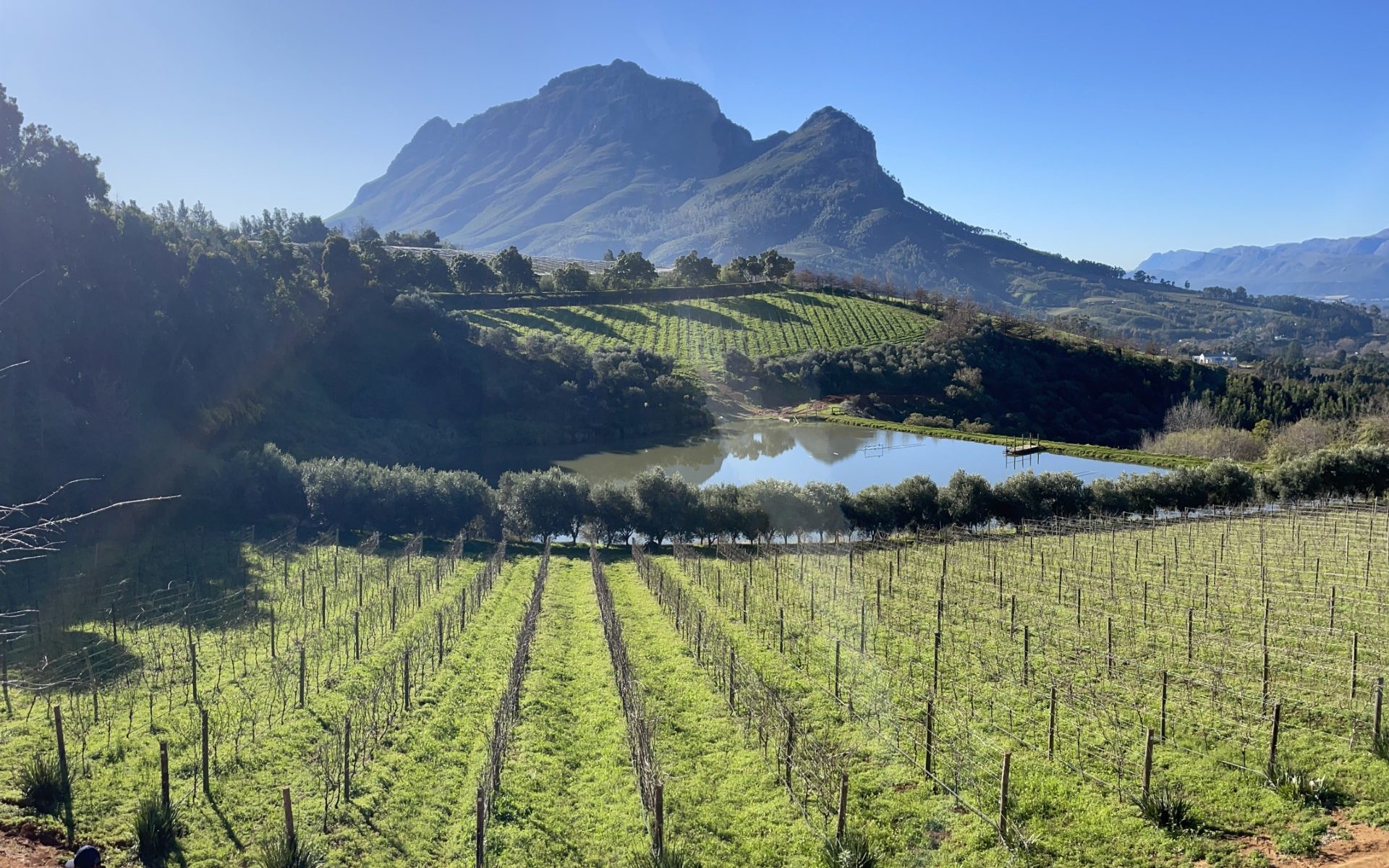
New Project Empowers Women to Pursue Roles in Male-Dominated Industry
KNOXVILLE, Tenn. — Researchers in the University of Tennessee Department of Agricultural Leadership, Education and Communications (ALEC) are analyzing the experiences of women in leadership positions in the international wine industry, currently a male-dominated field. Through personal first-hand narratives, the study will share the background of these pioneers, describe challenges they have overcome and provide encouragement to our next generation of young leaders.
The project, led by Carrie Stephens, professor and researcher in ALEC, includes conducting interviews with 12 female leaders in Oregon, South Africa, Virginia and Kenya, providing a detailed examination into how their experiences vary depending on region and cultural practices. To gain additional insight into how both diversity as well as overall wine productivity has developed under their leadership, researchers toured multiple vineyards and manufacturing centers to study overall impact at the local, national and international level. After collecting data and interviews, researchers are now preparing reports to share these stories of success to empower other women to pursue a career in the wine industry.
“Stepping into a male-dominated field can be a daunting and possibly even isolating experience,” says Stephens. “This project will help women across the world know that they are not alone, inspiring our next generations to pursue their interests with the same bravery and boldness of these remarkable trailblazers. Their achievements are proof that we too can overcome adversity through hard work and a dedication to excellence.”
Stephens is leading the project along with Colleen Baker, graduate teaching assistant in ALEC, and Neal Eash, professor in the UT Department of Biosystems Engineering and Soil Science. By including team members with a variety of research specializations and first-hand experiences, the project is able to provide an open conversation on diversity and inclusivity.
Eash says that he hopes the project will broaden society’s definition of equality, potentially leading to better opportunities for industry leaders regardless of their background and identity. “Diversity is often talked about, but it is one thing to discuss in abstract terms and another to experience it firsthand. We want women and men alike to understand what it means to break into a male-dominated field, challenging people to create a more inclusive workplace, industry and world.”
The project was one of a few select initiatives to receive the UT Global Catalyst grant. Researchers will continue to analyze their findings, publishing their results in the coming months to ensure our next generation has the inspiration they need to pursue their passions regardless of industry traditions and cultural limitations.
Through its land-grant mission of research, teaching and extension, the University of Tennessee Institute of Agriculture touches lives and provides Real. Life. Solutions. utia.tennessee.edu.